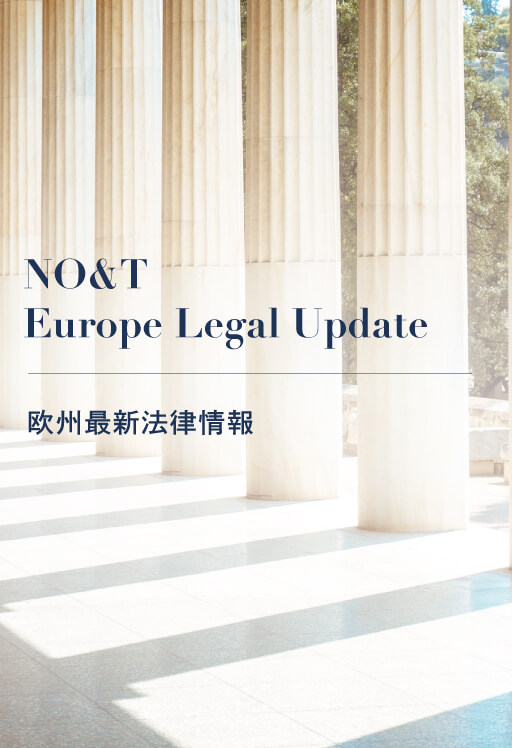
NO&T Asia Legal Review
A bicameral conference committee report on Senate Bill No. 1840 (the “Proposed Bill”) which covers amendments to Republic Act No. 8762 (the Retail Trade Liberalization Act or “RTLA”) and lowers the paid-up capital requirements for foreign retail enterprises has been approved by the Philippine Senate on 20 September 2021 and by the House of Representatives (“House”) on 21 September 2021.
Such Proposed Bill reconciles the conflicting provision of the House version (House Bill No. 59) and several Senate versions (Senate Bill Nos. 14, 921, 1113 and 1349), which sought to effect varying amendments to the RTLA. Now that the Proposed Bill has been approved by both the House and Senate, it is anticipated that the enrolled bill will soon be prepared and forwarded to the President for his signature or veto.
Should the Proposed Bill be passed into law as it is currently drafted, the significant amendments to the RTLA, which will be introduced by the Proposed Bill include the following:
With the Proposed Bill, foreign-owned partnerships, associations or corporations organized under Philippine laws and registered with the Securities and Exchange Commission (“SEC”), or foreign-owned single proprietorships registered with the Department of Trade and Industry (“DTI”) may engage or invest in retail trade business in the Philippines, subject to meeting the following conditions, among others:
Under the RTLA, the minimum paid-up capital requirement for retail trade enterprises with foreign ownership is currently the Philippine Peso equivalent of USD 2.5 Million. However, the Proposed Bill will reduce the paid-up capital requirement to Php 25 Million (around USD 500,000.00) which is expected to be used in actual operations and should be maintained in the Philippines at all times, unless the foreign retailer notifies the SEC or DTI (as applicable) of its intention to repatriate capital and cease operations in the Philippines. Failure to maintain the paid-up capital will subject a foreign retailer to penalties or restriction on future trading activities or businesses in the Philippines.
The Proposed Bill requires that laws of the foreign retailer’s country of origin must also allow the entry of Filipino retailers. However, this reciprocity requirement is not new, as the RTLA already imposes the same condition.
For foreign retailers engaged in retail trade through more than one physical store, the investment per store requirement will be at least Php 10 Million (around USD 200,000.00). This amount is much lower than the current investment per store requirement of USD 830,000.00 imposed by the RTLA.
Based on the foregoing, the Proposed Bill significantly simplifies and lowers investment requirements for foreign retailers. It will notably remove other “pre-qualification” requirements (e.g., track record in retailing, among others) that is found in the current RTLA, and which obligated a foreign retailer to separately secure a certification of pre-qualification from the Board of Investments.
The Proposed Bill will delete the current language of Section 7 of the RTLA, which requires retail trade enterprises where foreign equity ownership exceeds 80%, to offer within 8 years from the start of operations a minimum of 30% equity to the public through any stock exchange in the Philippines. With this proposed amendment, existing and newly established foreign owned retail enterprises will be able to remain privately owned enterprises.
As with any piece of legislation, lawmakers have to strike a balance between the interests of various sectors and stakeholders. For foreign investors, the Proposed Bill will finally remove regulatory barriers which may have discouraged foreign investment in the Philippine retail industry. However, there are also concerns whether small and medium-sized Filipino-owned retail enterprises are ready for the entry of foreign players especially as the Philippine economy is still recovering from the effects of the COVID-19 pandemic.
With a few months still left before the end of term of the current administration, it will be interesting to see whether protectionism will yield to “progress” and competition, and whether the long-awaited amendments to the RTLA will finally be realized through the passage of the Proposed Bill.
This newsletter is given as general information for reference purposes only and therefore does not constitute our firm’s legal advice. Any opinion stated in this newsletter is a personal view of the author(s) and not our firm’s official view. For any specific matter or legal issue, please do not rely on this newsletter but make sure to consult a legal adviser. We would be delighted to answer your questions, if any.


Ngoc Hoang


(February 2025)
Oki Osawa (Comments)


Axel Kuhlmann, Makoto Ohnuma, Shejal Verma, Sofía Terol Cháfer (Uría Menéndez) (Co-author)


Yuan Yao Lee


Patricia O. Ko


Ngoc Hoang


Yuan Yao Lee


Chattong Sunthorn-opas, Thunsinee Sungmongkol (Co-author)


Patricia O. Ko


Ngoc Hoang


Yuan Yao Lee


Chattong Sunthorn-opas, Thunsinee Sungmongkol (Co-author)


Patricia O. Ko


Patricia O. Ko


Patricia O. Ko


Patricia O. Ko